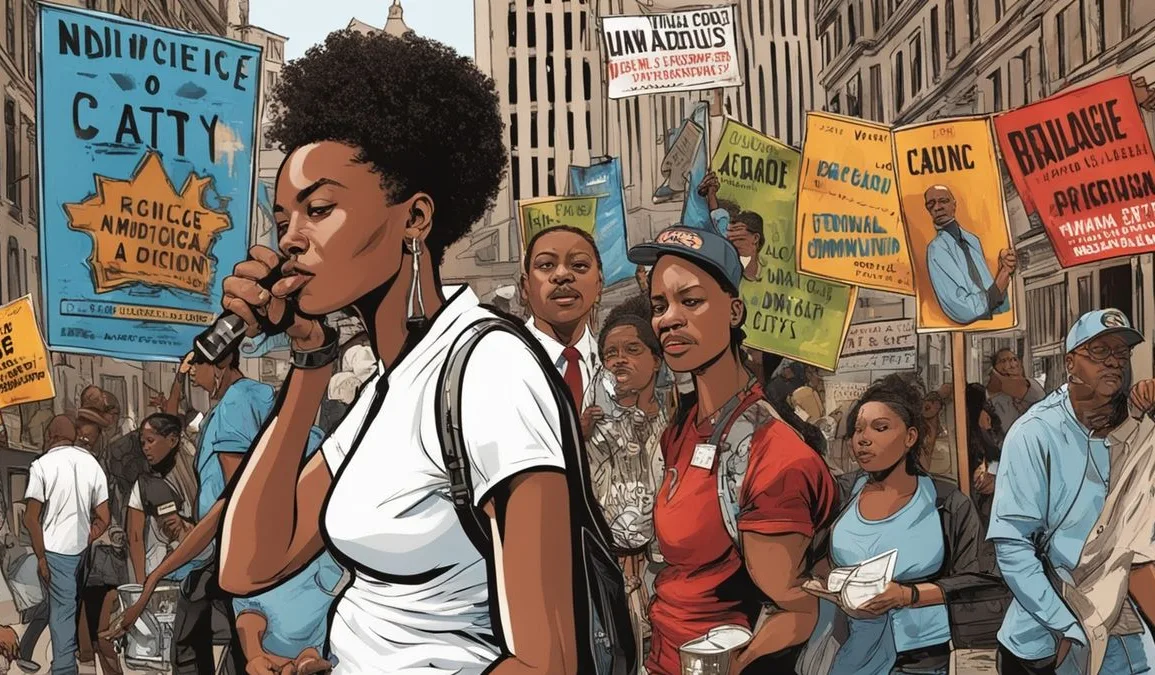
The vibrant streets of Harlem, once the backdrop for America’s Black Renaissance, now tell a different story—one of resilience against a new adversary. The issue at hand isn’t just about smoking; it’s about the right to healthier alternatives and the glaring oversight in public health policies that continue to marginalize Black Americans. Amidst the bustling community life, a crucial dialogue on tobacco harm reduction is simmering, calling for a shift in perspective that aligns with both health equity and scientific advancement.
A Disproportionate Burden
The narrative of tobacco use in America is incomplete without acknowledging its uneven impact on Black communities. Studies and reports, including a recent critique published on Salon, highlight a stark contradiction: while traditional cigarettes remain readily available, safer alternatives like e-cigarettes face stringent restrictions. This discrepancy not only undermines efforts to reduce smoking-related illnesses but also disproportionately affects Black Americans, over 80% of whom prefer menthol cigarettes—a statistic brought to light by the American Lung Association. The call for a reevaluation of health policies is loud and clear, urging a shift towards harm reduction that could significantly lower the rates of smoking-related diseases in marginalized communities.
Policy Paradox
The current health policy landscape presents a paradox: the approval of traditional cigarettes and the denial of access to potentially safer alternatives. This contradiction is not just a policy failure; it’s a missed opportunity for public health advancement. Critics argue that the restrictive stance on tobacco alternatives fails to leverage scientific findings on harm reduction. Moreover, it neglects the Biden administration’s Cancer Moonshot initiative, which aims for a substantial reduction in cancer rates, including those caused by smoking. The exclusion of marginalized communities from the decision-making process further exacerbates the issue, highlighting a gap in achieving health justice and equity.
Empowerment Through Participation
The path to resolving the disparities in tobacco-related health outcomes lies in the genuine empowerment and participation of affected communities. This means not only recognizing the disproportionate burden on Black Americans but also involving them in creating and implementing policies that reflect their needs and preferences. Advocates for tobacco harm reduction emphasize the importance of aligning regulatory practices with health equity goals. They argue for a reevaluation of current policies, advocating for an approach that embraces scientific evidence and ethical considerations. By doing so, regulatory bodies can support harm reduction strategies that promise a healthier future for marginalized communities, ultimately contributing to the broader goal of health justice.
In the heart of communities like Harlem, the conversation around tobacco harm reduction is more than a public health debate; it’s a fight for dignity, equity, and empowerment. As the nation grapples with the complexities of health policies and their implications, the voices of marginalized communities must lead the charge towards a more inclusive and equitable public health strategy. The road to tobacco harm reduction and health justice is long, but with science as our guide and community at our heart, it’s a journey worth embarking on.


